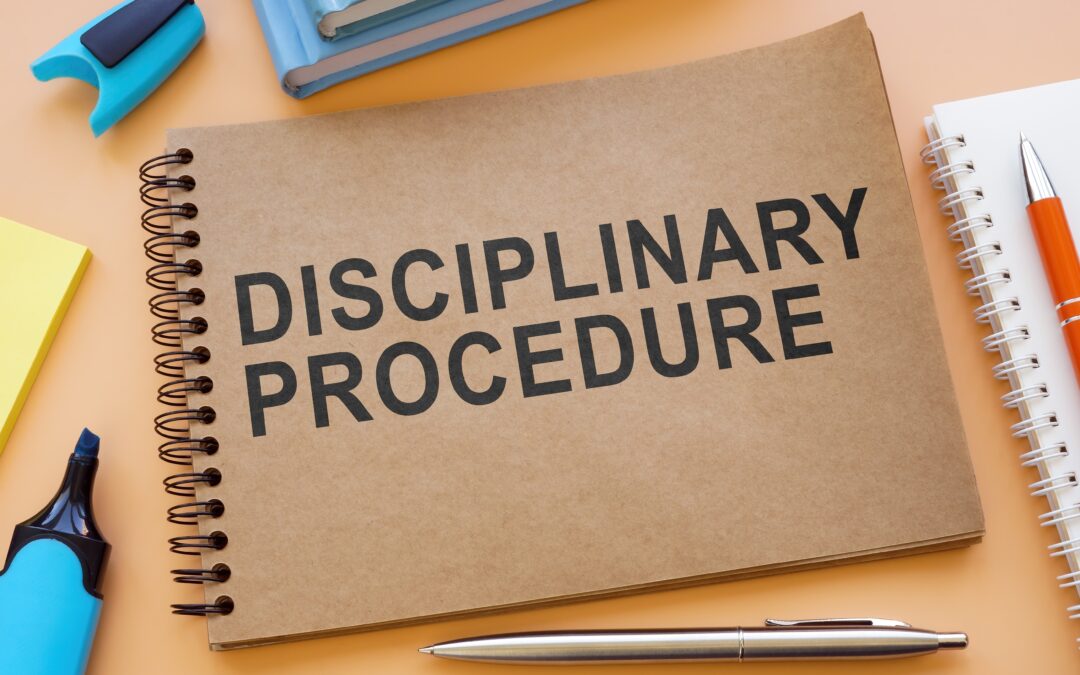South African labour law requires all discipline to be corrective rather than punitive. When an employer disciplines an employee twice for the very same incident of misconduct the CCMA is likely to see this as punitive. It is only under highly exceptional circumstances that a second disciplinary process might be justified. Here, the employer will have to be able to present evidence that:
- It is new and has therefore not been presented at the first disciplinary hearing
- It is relevant to the charges
- It is significant enough to merit a new hearing
- It shows that the first sanction imposed was grossly unfair under the circumstances
However, even these factors are not properly interpreted and applied by employers who continue to:
- Give employees warnings and dismissals at the same time
- Reopen cases that should be left alone
- Set up new disciplinary hearings without good reason after the employee has already been disciplined for the offence
- Open new hearings with newly formulated charges that are merely a different way of wording the same charge in respect of which the employee managed to avoid dismissal
Some case law may serve as a timely warning to employers to proceed with extreme care in these matters.
In the case of Constant Pretorius vs, the SA Bureau of Standards (SABS) (The Star, 29 October 2003) it was reported that SABS dismissed Pretorius. for the illegal sale of crash test bodies. But it appears from the report that he had already been given a 12-month final written warning for this very offence in August 2002.
It should be understood that the dismissal may well have been legally acceptable had Pretorius received a final warning for the illegal sale and thereafter committed another similar offence within the 12-month period during which the warning was valid. Then, had he been found guilty at a new disciplinary hearing, a dismissal for the second offence could have been within the bounds of the law.
In the recent case of Rakgolela vs, Trade Centre (2005, 3 BALR 353) the employee was dismissed for misappropriation and misuse of a company cell phone. He lodged an internal appeal in terms of the employer’s appeal policy. On appeal the dismissal was overturned and replaced with a final warning. The employer then charged the employee again for the same incident of taking the cell phone and added a new charge of telling lies during the original hearing.
After the employee’s original dismissal had been overturned on appeal the police reported that the employee had lied about not having taken the cell phone home. The employer used this report as ammunition to recharge the employee and fire him a second time. However, the fact that the employee had lied had already been established by the appeal chairperson. The CCMA therefore found that there had been no new evidence justifying the second hearing and dismissal.
The CCMA found that the employee had been the victim of double jeopardy as he had been disciplined twice for the same misconduct. The employer was ordered to pay the employee 12 months’ remuneration in compensation for the unfair dismissal.
Where double jeopardy occurs, it is often because the employer needs to get the employee out by hook or by crook. This could be due to a personality clash, to the fact that the employee is considered to be a troublemaker or simply because the employer has genuinely lost trust in the employee.
Whatever the reason the employer is not free to act on it before ensuring that the dismissal would be fair. Neither can the employer dismiss the employee for reasons that the employer feels are fair. What is fair or not is determined by:
- The legal provisions of the Labour Relations Act (LRA) and
- Complex principles of fairness emanating from case law and
- The factual circumstances of each individual case and
- How the CCMA or bargaining council is likely to react to the case.
The employer will not easily be able to assess his/her case against these four factors. This is because:
- The employer is often too emotionally embroiled in the case
- He/she might not have the legal knowledge and analytical ability necessary to assess the merits of the case accurately and objectively
Therefore, before risking the very costly double jeopardy pitfall, employers should take a deep breath and get expert advice on what to do.
To book for our 21 October webinar on 2022 Case Law Updates please go to https://www.labourlawadvice.co.za/seminar/ or contact Ronni on ronni@labourlawadvice.co.za or 0845217492.



